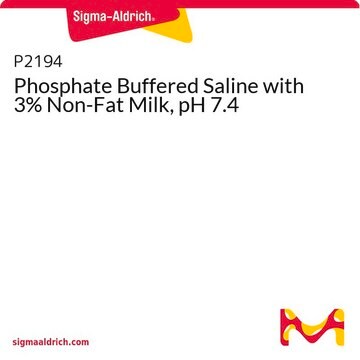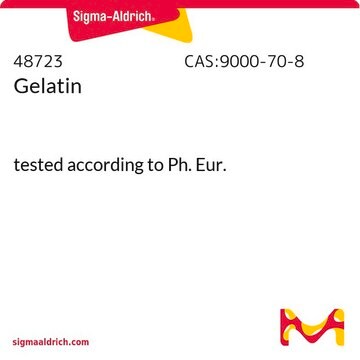G7663
Gelatin blocking buffer
for Western blotting, powder blend
Synonym(s):
blocking buffer
Sign Into View Organizational & Contract Pricing
All Photos(1)
About This Item
UNSPSC Code:
41105300
NACRES:
NA.25
Recommended Products
General description
Gelatin Blocking Buffer is a standard reagent in Western blotting procedures. It is used to block non-specific binding on the membrane, when using nylon or nitrocellulose (but not PVDF).
Application
Suitable for use as a non-specific blocking agent for Western blots.
Reconstitution
Dissolve entire contents of the bottle in a final volume of 1L molecular biology grade water. The resulting solution will be faint yellow in color and does not require filtering or heating before use.
related product
Product No.
Description
Pricing
Storage Class Code
11 - Combustible Solids
WGK
WGK 1
Flash Point(F)
Not applicable
Flash Point(C)
Not applicable
Choose from one of the most recent versions:
Already Own This Product?
Find documentation for the products that you have recently purchased in the Document Library.
Customers Also Viewed
A sensitive cell-based assay for the detection of residual infectious West Nile virus.
Koldijk, M.H., et al.
Vaccine, 25, 39-39 (2007)
K A Brogden et al.
Infection and immunity, 67(8), 4256-4259 (1999-07-23)
Affinity-purified rabbit polyclonal (PAB96-1) and mouse monoclonal (1G9-1C2) antibodies to synthetic H-DDDDDDD-OH, an antimicrobial anionic peptide (AP) originally isolated from ovine pulmonary surfactant, were prepared and used to assess the concentrations of AP-like molecules in human respiratory tract samples. In
Raul Bettencourt et al.
Comparative biochemistry and physiology. Part A, Molecular & integrative physiology, 152(2), 278-289 (2008-12-02)
The interaction between microorganisms and host defense mechanisms is a decisive factor for the survival of marine bivalves. They rely on cell-mediated and humoral reactions to overcome the pathogens that naturally occur in the marine environment. In order to understand
A Fortin et al.
Biochemistry and cell biology = Biochimie et biologie cellulaire, 72(5-6), 239-243 (1994-05-01)
The major advantages of the horseradish peroxidase chemiluminescence (HRP-CL) immunodetection method in Western blot analysis are its high sensitivity, nonradioactive detection, economy of the primary antibody, and speed of detecting the signal. However, we observed a strong and reproducible signal
Daisuke Tomida et al.
Investigative ophthalmology & visual science, 52(6), 3193-3199 (2011-02-08)
To study the effect of heparin on the development of laser-induced choroidal neovascularization (CNV) and to assess the underlying molecular mechanisms. Bone marrow transplantation (BMT) was conducted by intravenous injection of green fluorescence protein (GFP)-labeled bone marrow cells (1 ×
Protocols
In order to specifically detect an antigen or target molecule immobilized on a solid support, unoccupied binding sites on the support must be blocked against binding by probe and detection molecules.
Learn Northern and Southern blotting basics, with protocols and applications for macromolecule transfer to membrane supports.
Our team of scientists has experience in all areas of research including Life Science, Material Science, Chemical Synthesis, Chromatography, Analytical and many others.
Contact Technical Service
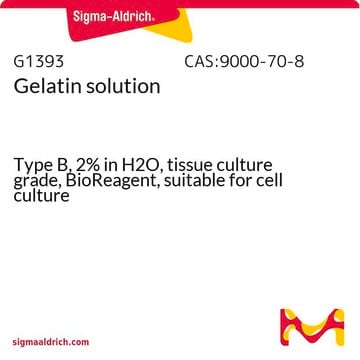





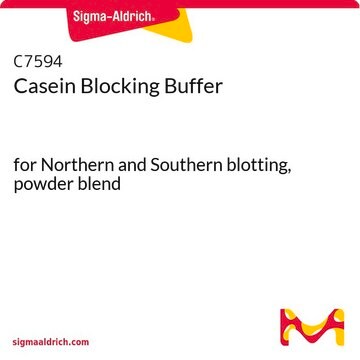
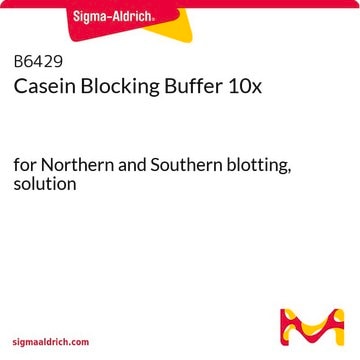

![Western Blocking Reagent, Solution solution, sufficient for 10 blots (11921673001 [100 cm2]), sufficient for 60 blots (11921681001 [100 cm2])](/deepweb/assets/sigmaaldrich/product/images/352/091/ef743cea-ccd8-44f1-8f3b-dec5a1e4f5d1/640/ef743cea-ccd8-44f1-8f3b-dec5a1e4f5d1.jpg)


